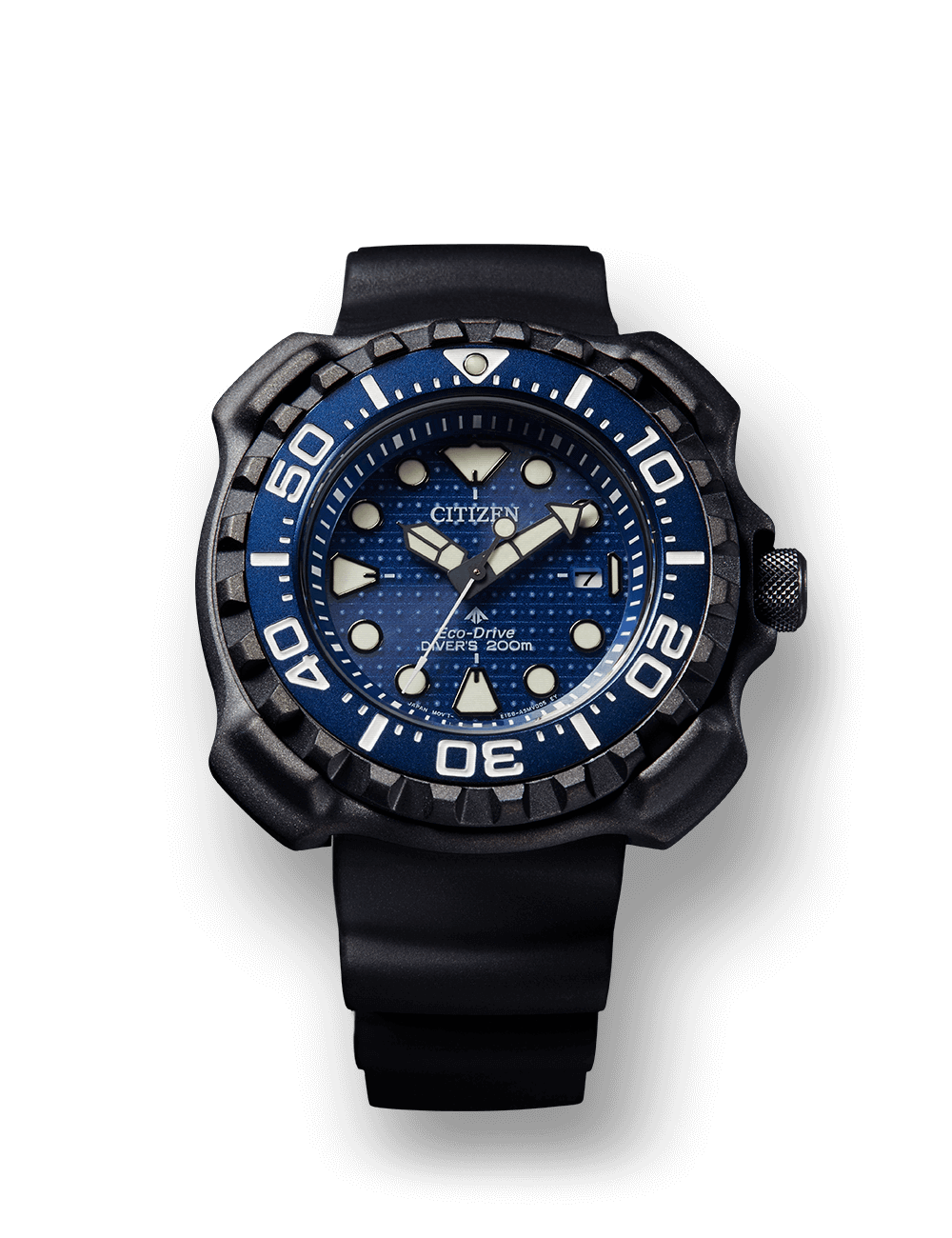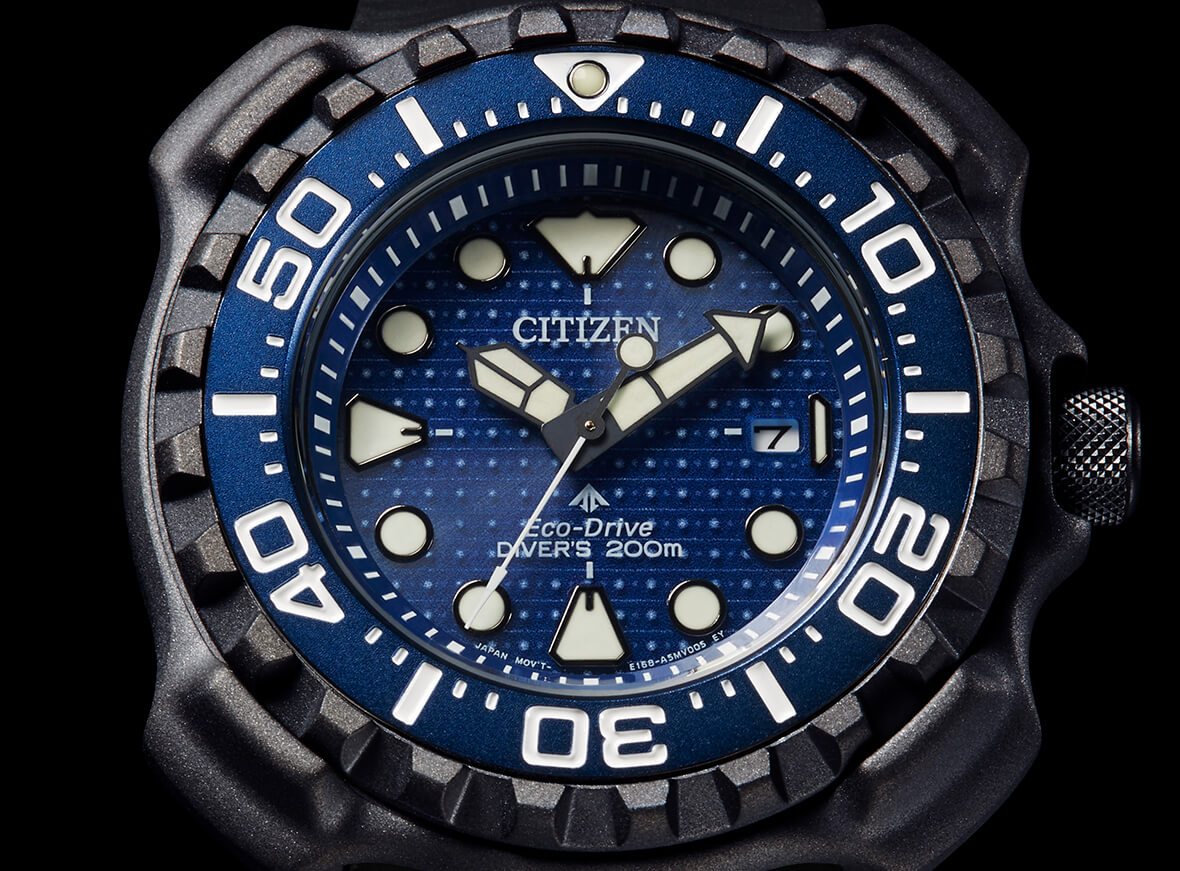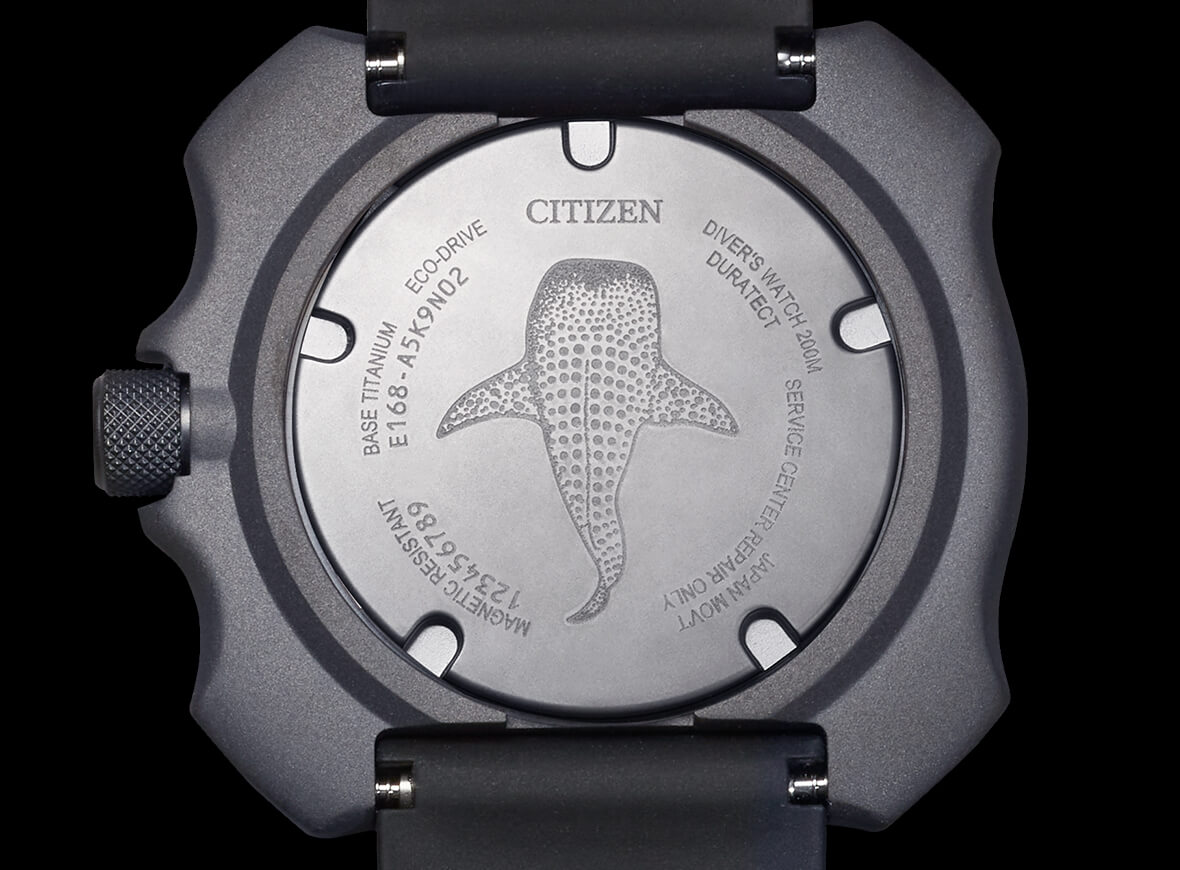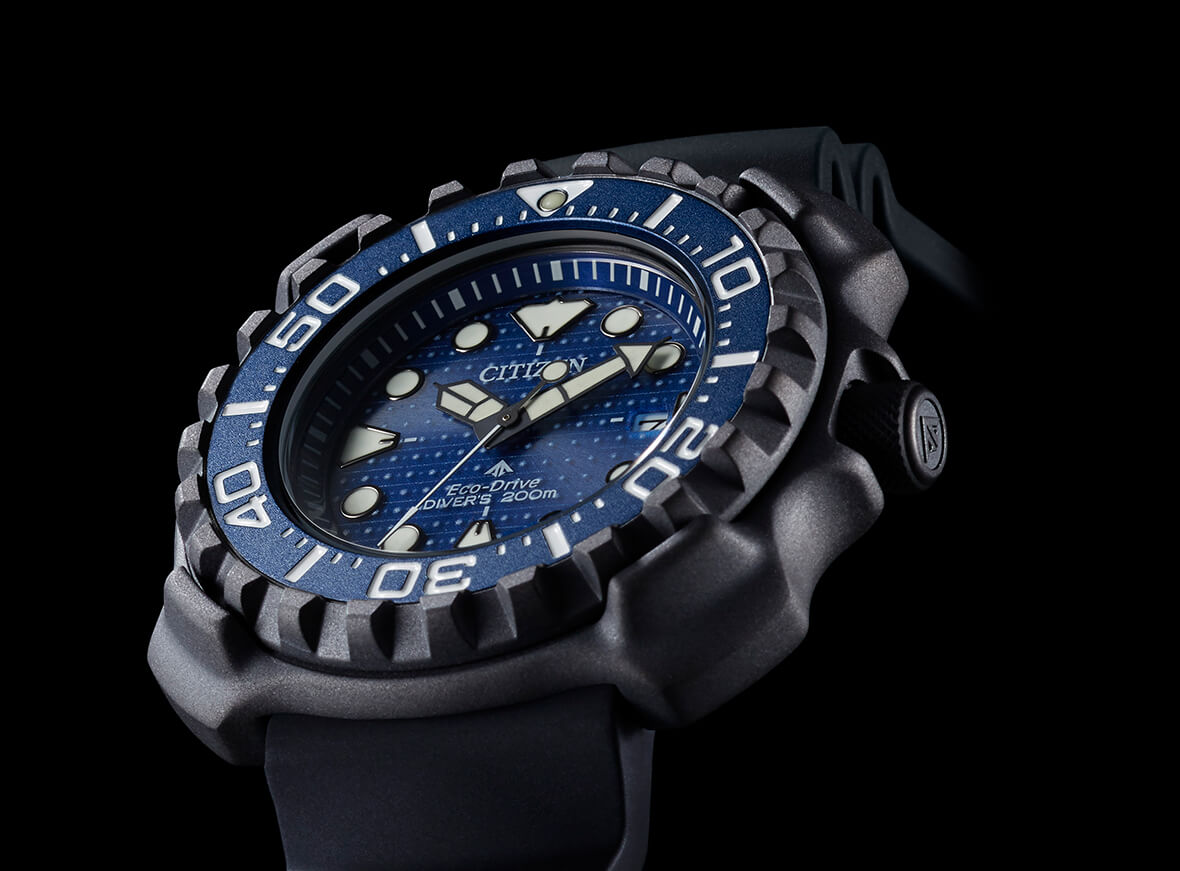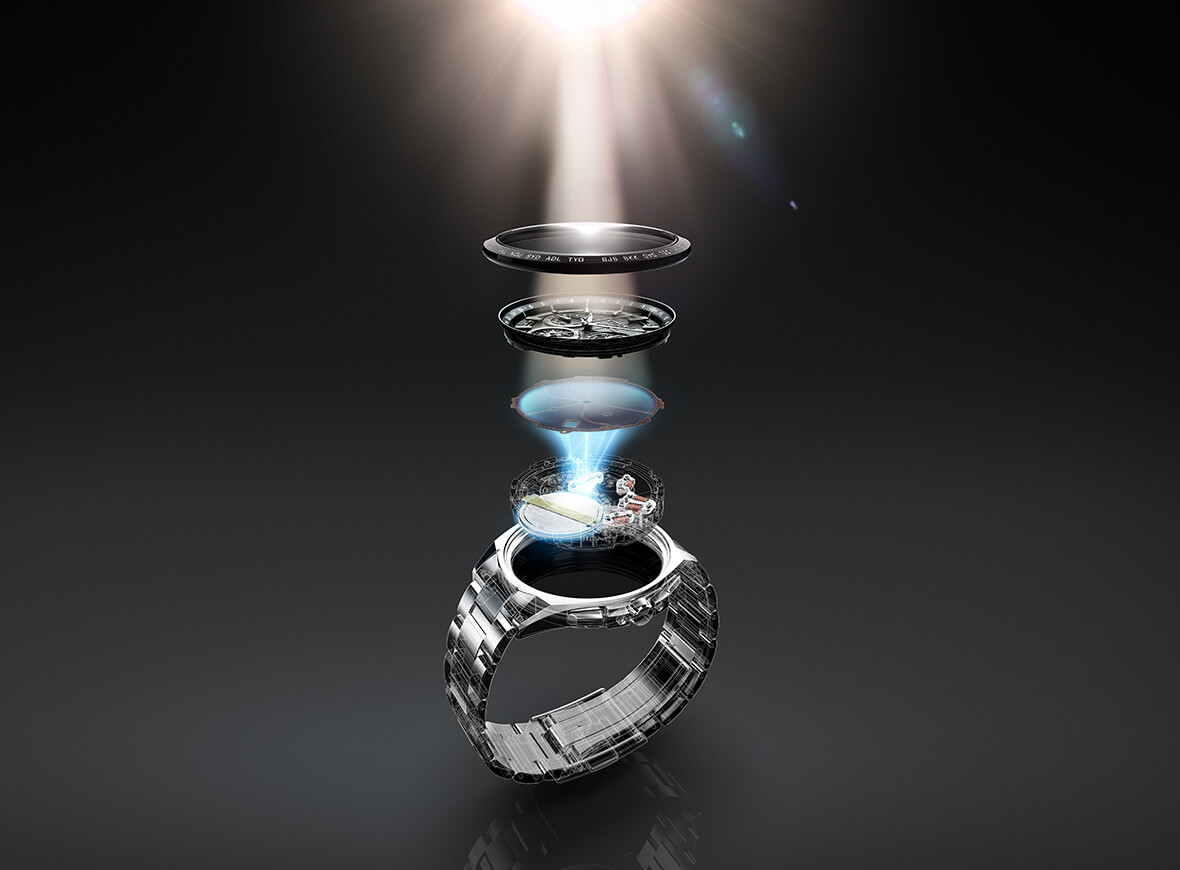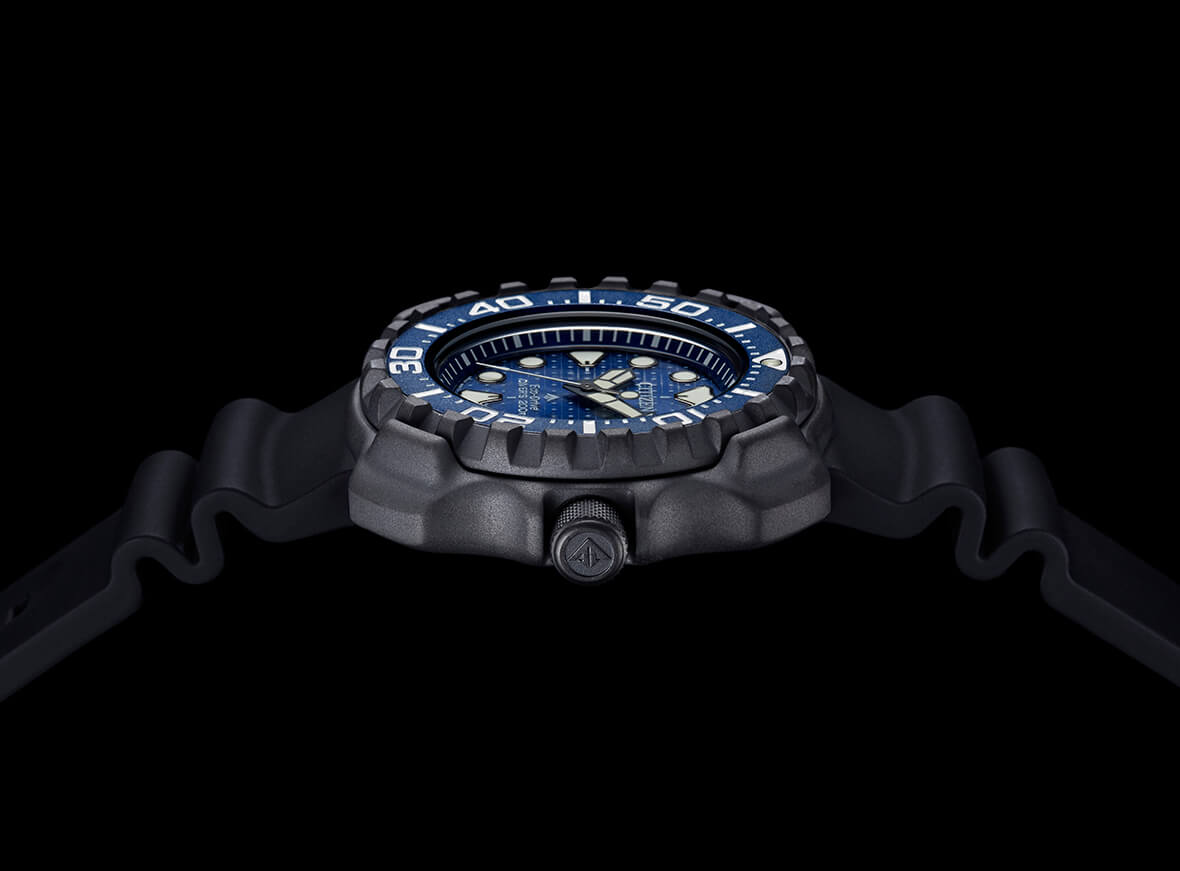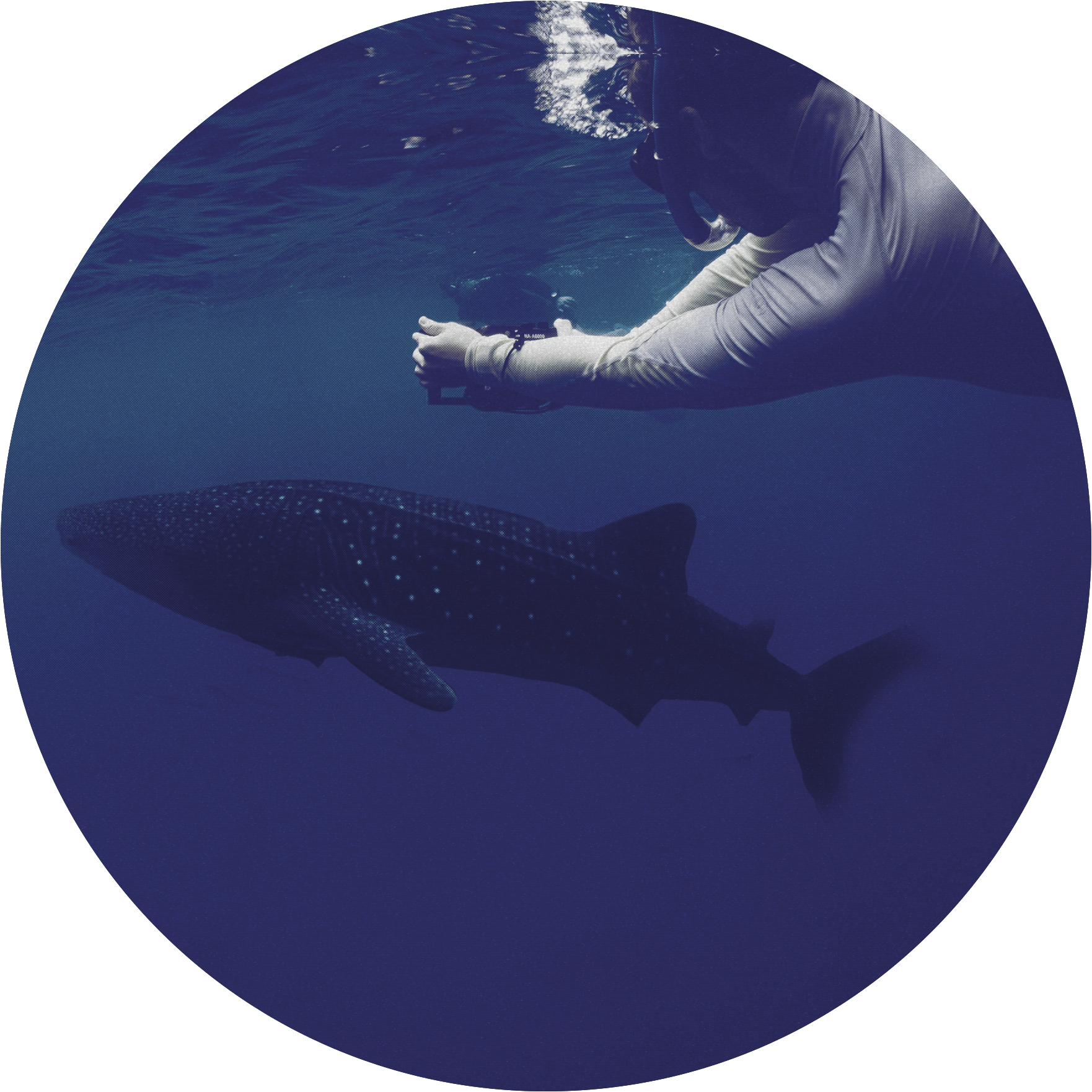
INTRODUCTION
GONZALO ARAUJO, Ph.D.
MARINE SCIENTIST FOUNDER MARECOGonzalo Araujo always knew that the ocean
was his destiny. He started working with
whale sharks in 2012 and in 2020 founded
his own NGO, leveraging citizen science
and collaboration to protect charismatic
megafauna. He explains his unique
approach to marine conservation.
Gonzalo Araujo always knew that
the ocean was his destiny. He
started working with whale sharks
in 2012 and in 2020 founded his
own NGO, leveraging citizen
science and collaboration to
protect charismatic megafauna. He
explains his unique approach to
marine conservation.
SYMBOL OF THE SEAS
02
“MY WORK HAS HELPED PROTECT WHALE SHARKS FOR FUTURE GENERATIONS.”
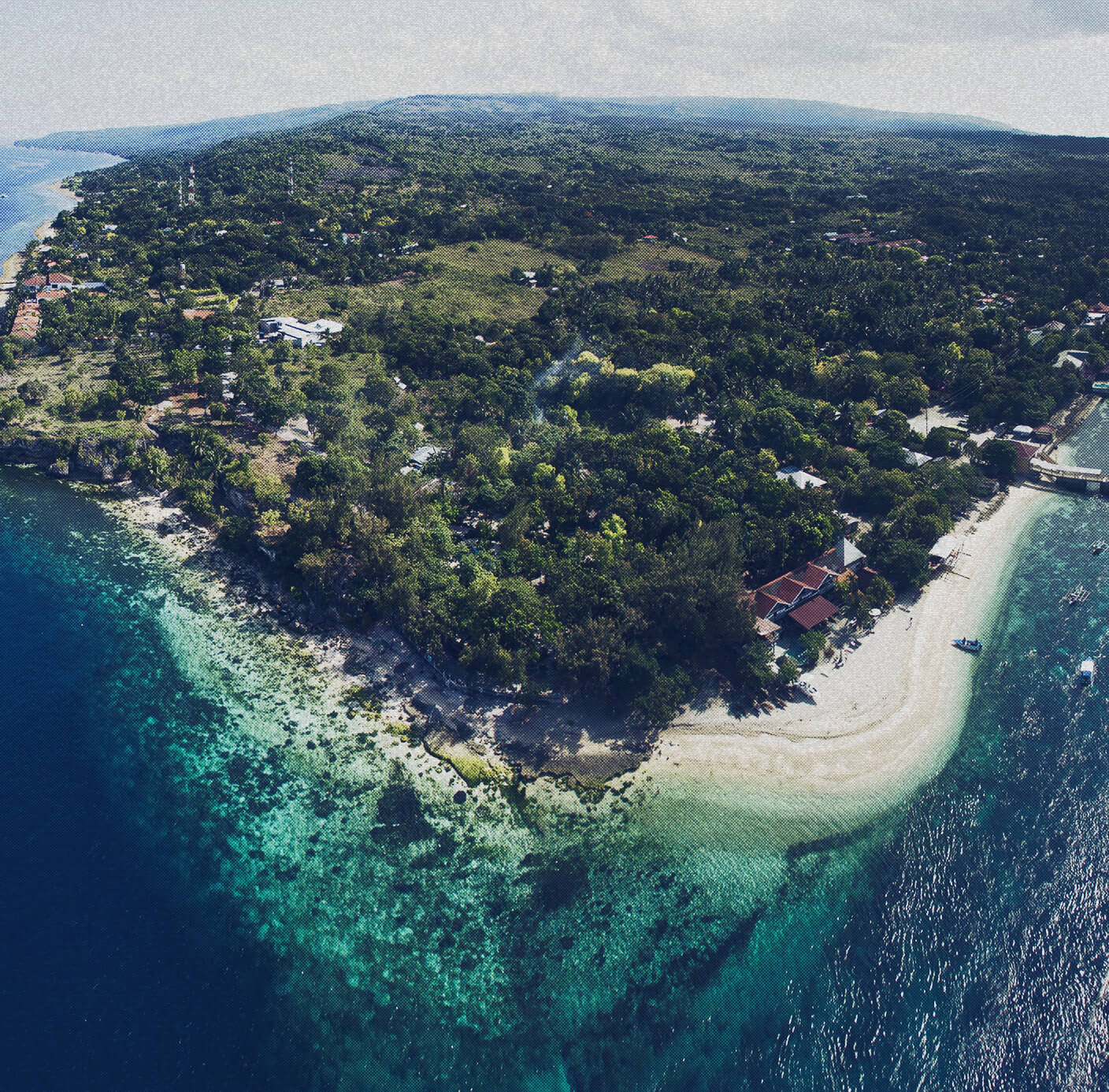
© Gonzalo Araujo
My work with whale sharks
I started working with whale sharks in 2012 in the Philippines where whale sharks have huge cultural value. In the late 1990s, the species was being hunted because of East Asian demand for their meat and fins. The Philippines initiated protection for the species in 1998 and Donsol in south Luzon became Asia’s first dedicated whale shark tourism site and whale shark sanctuary.
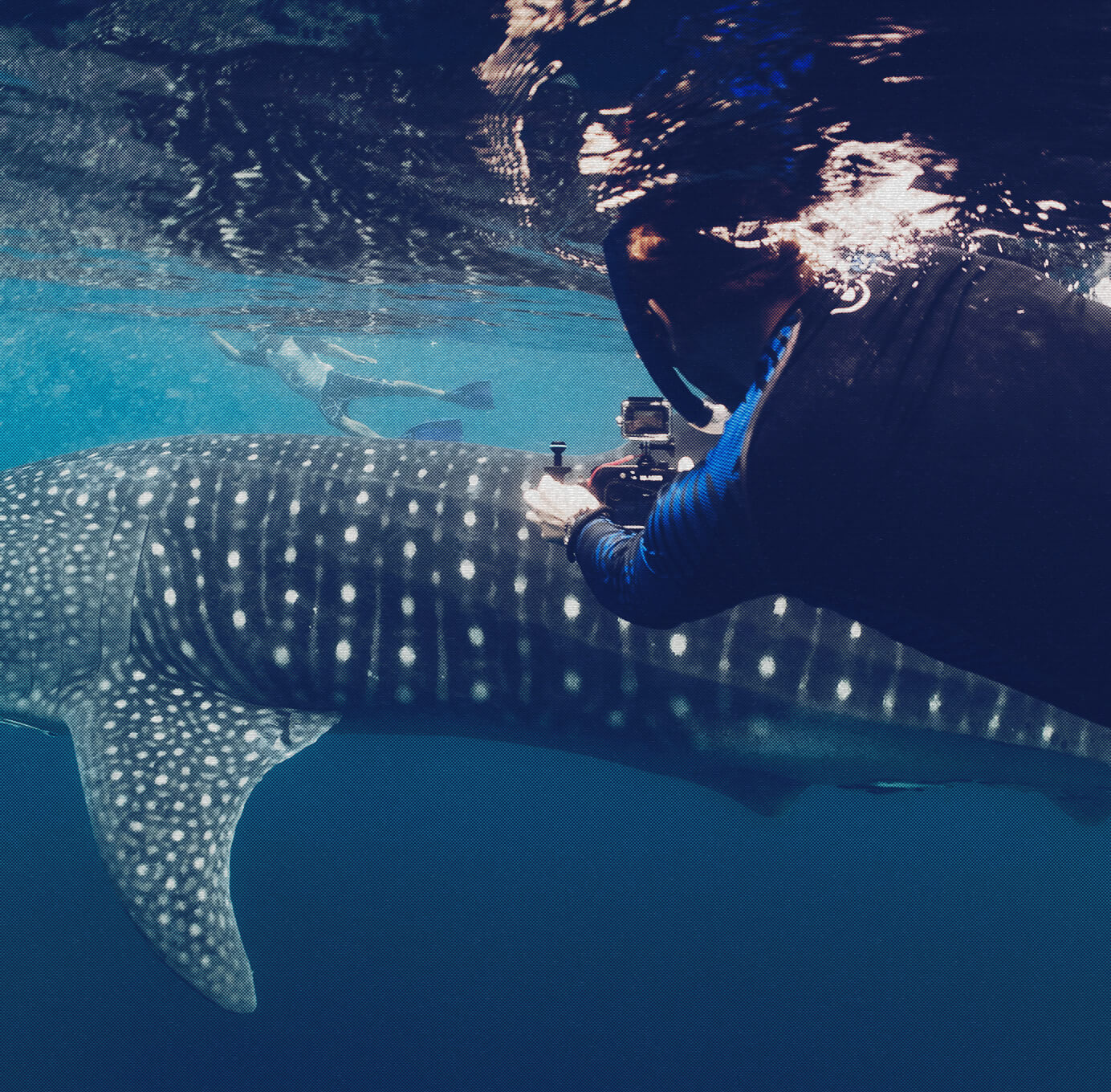
Most of my research has involved the use of non-invasive photographic identification. Because we can tell individual whale sharks apart, we can get to understand their movements, residency and other population demographic parameters. As a complementary tool, we make extensive use of citizen science. My work has helped get whale sharks included in threatened species lists, such as the 2016 IUCN Red List and the Convention on Migratory Species.
“BY WORKING WITH UMBRELLA SPECIES LIKE THE WHALE SHARK, WE CAN CONNECT MORE PEOPLE TO THE OCEAN.” “BY WORKING WITH UMBRELLA SPECIES LIKE THE WHALE SHARK, WE CAN CONNECT MORE PEOPLE TO THE OCEAN.”
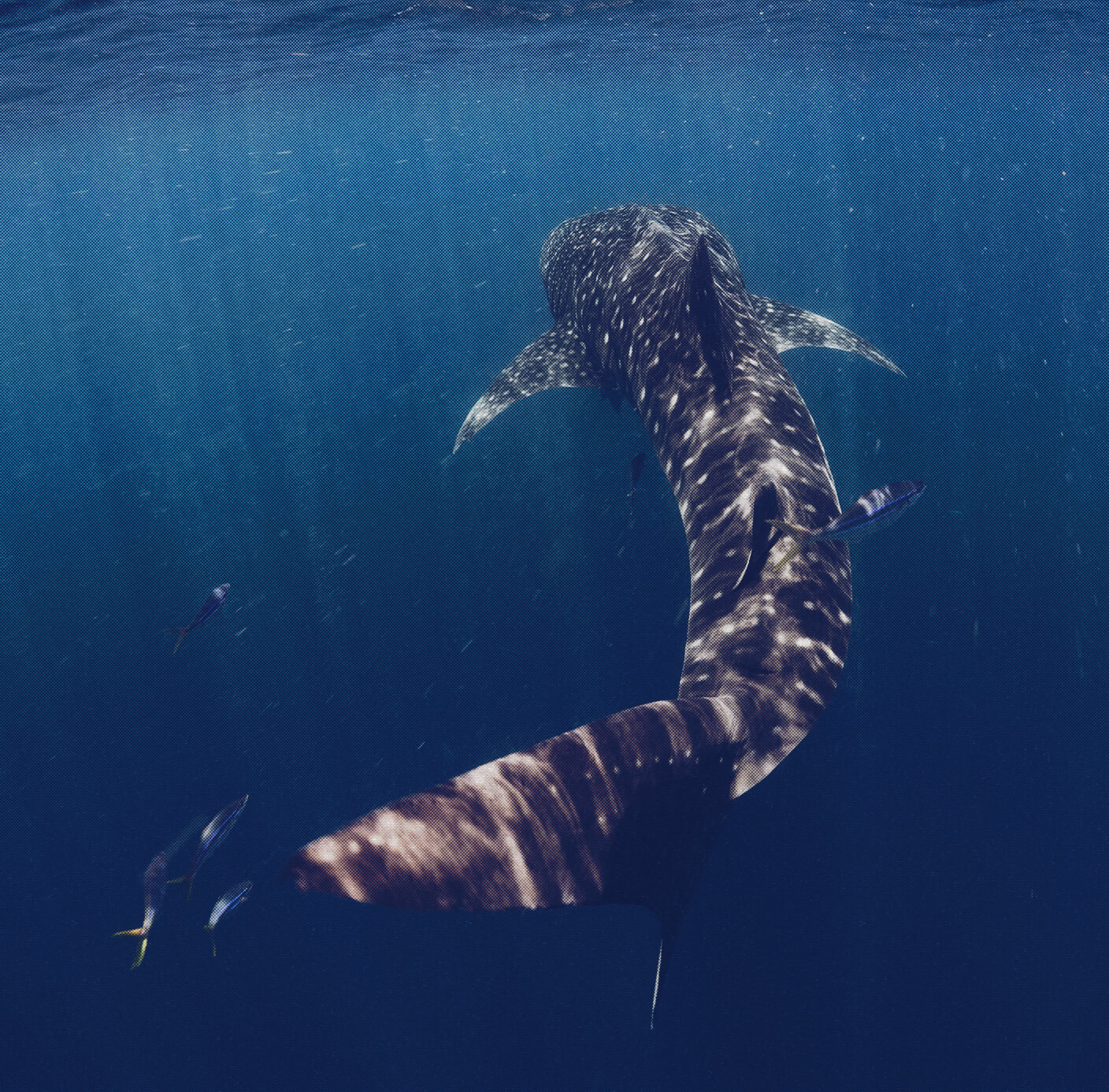
© Gonzalo Araujo
Marine megafauna are mega-important
Marine megafauna are normally charismatic species, ‘charismatic’ meaning that they attract the attention of lots of people. As such, megafauna can serve as ‘umbrella species,’ a species whose conservation helps confer protection on their habitats and the wider marine environment. Megafauna also tend to have complex life histories.
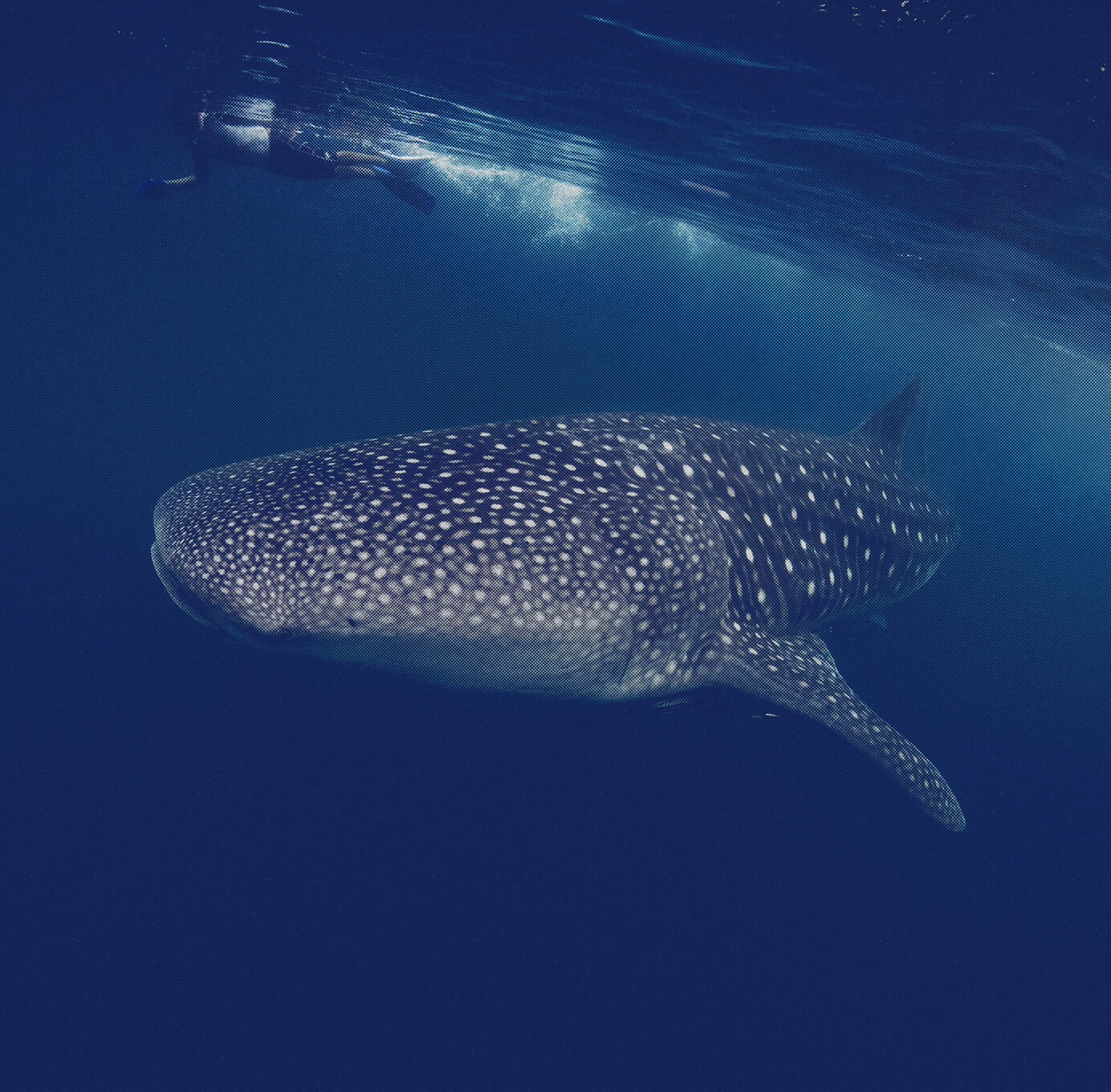
© Gonzalo Araujo
For instance, whale sharks mature late, reaching 8–9m at like 25–30 years old and they are slow growing, so their populations can’t take as much harvest as other more prolific and faster-growing species. Working with umbrella species like the docile, surface-dwelling whale shark means we can connect more people to the ocean and raise awareness about critical issues like overfishing, bycatch and climate change.
“WE ALL HAVE A ROLE TO PLAY IN LEAVING BEHIND A BETTER PLANET THAN THE ONE WE INHERITED.” “WE ALL HAVE A ROLE TO PLAY IN LEAVING BEHIND A BETTER PLANET THAN THE ONE WE INHERITED.”
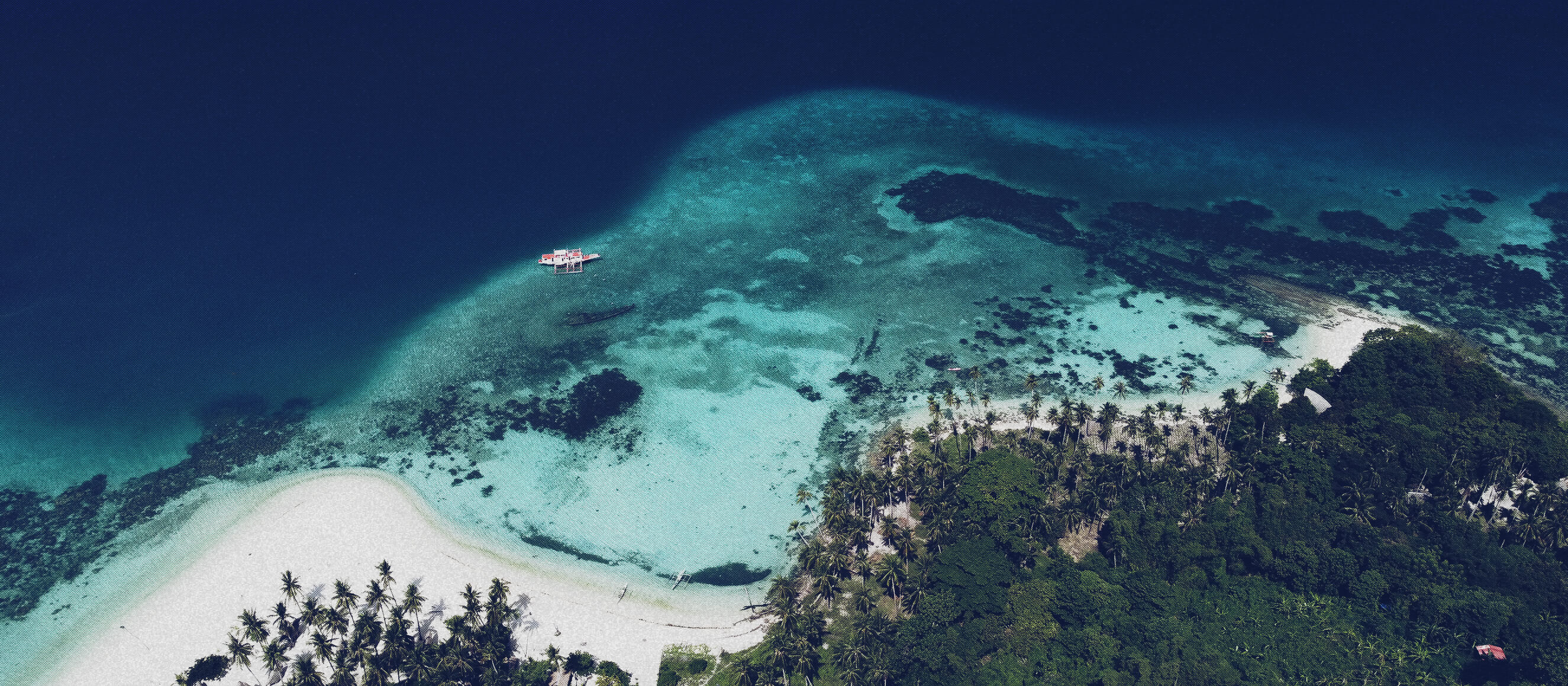
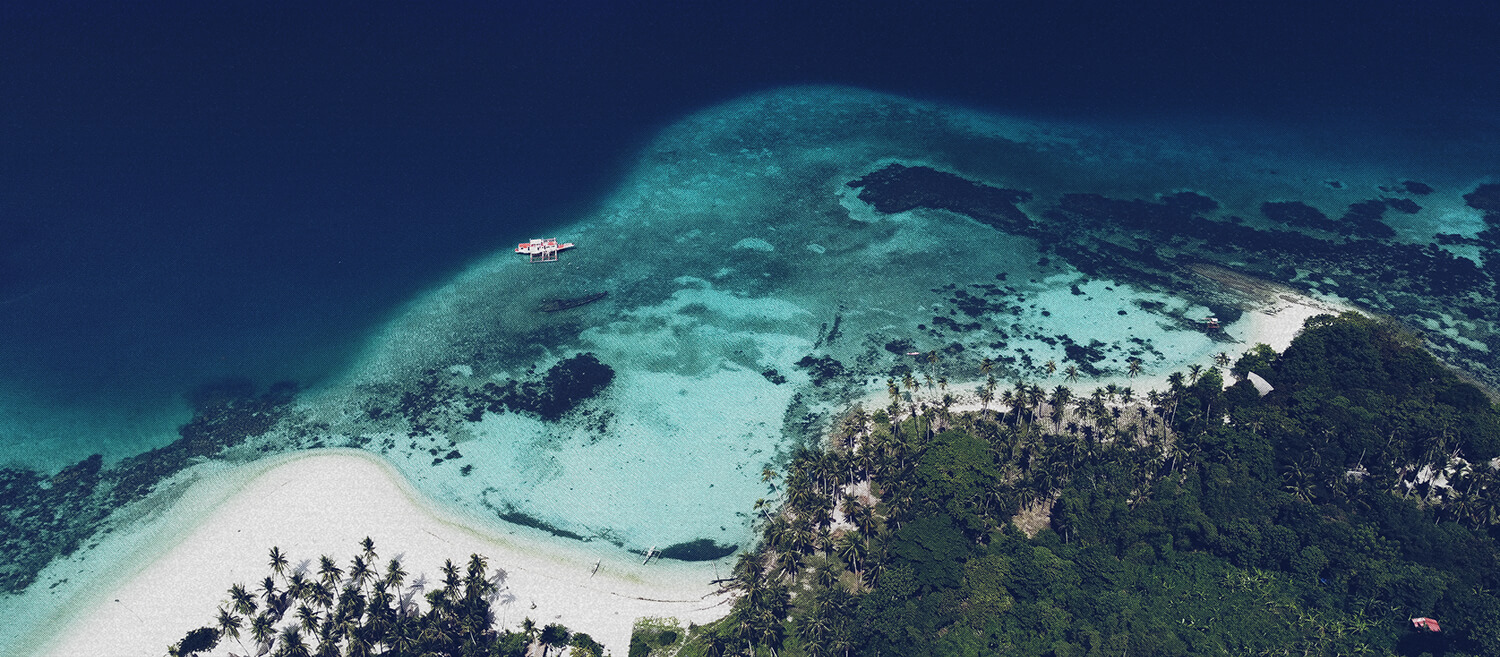
© Gonzalo Araujo
Everyday decisions to protect our oceans
Our oceans play a critical role in our survival. They provide us with the air we breathe, supply us with food, transport goods and connect families, cultures and traditions. Most importantly, they regulate our climate. For us to thrive, it is imperative to have healthy, well-balanced oceans. We all have a role to play to ensure we leave behind a better planet than the one we inherited.
Mitigating our carbon footprint, avoiding single-use plastics, making sustainable seafood choices and choosing responsible tourism operations—we can all make everyday decisions that support a better planet. We need to lead by example, not by preaching and finger-pointing. We all need to do our part, and we can start today.
“WE WORK WITH CHARISMATIC MARINE MEGAFAUNA SPECIES TO MAXIMISE THE IMPACT OF OUR WORK.” “WE WORK WITH CHARISMATIC MARINE MEGAFAUNA SPECIES TO MAXIMISE THE IMPACT OF OUR WORK.”
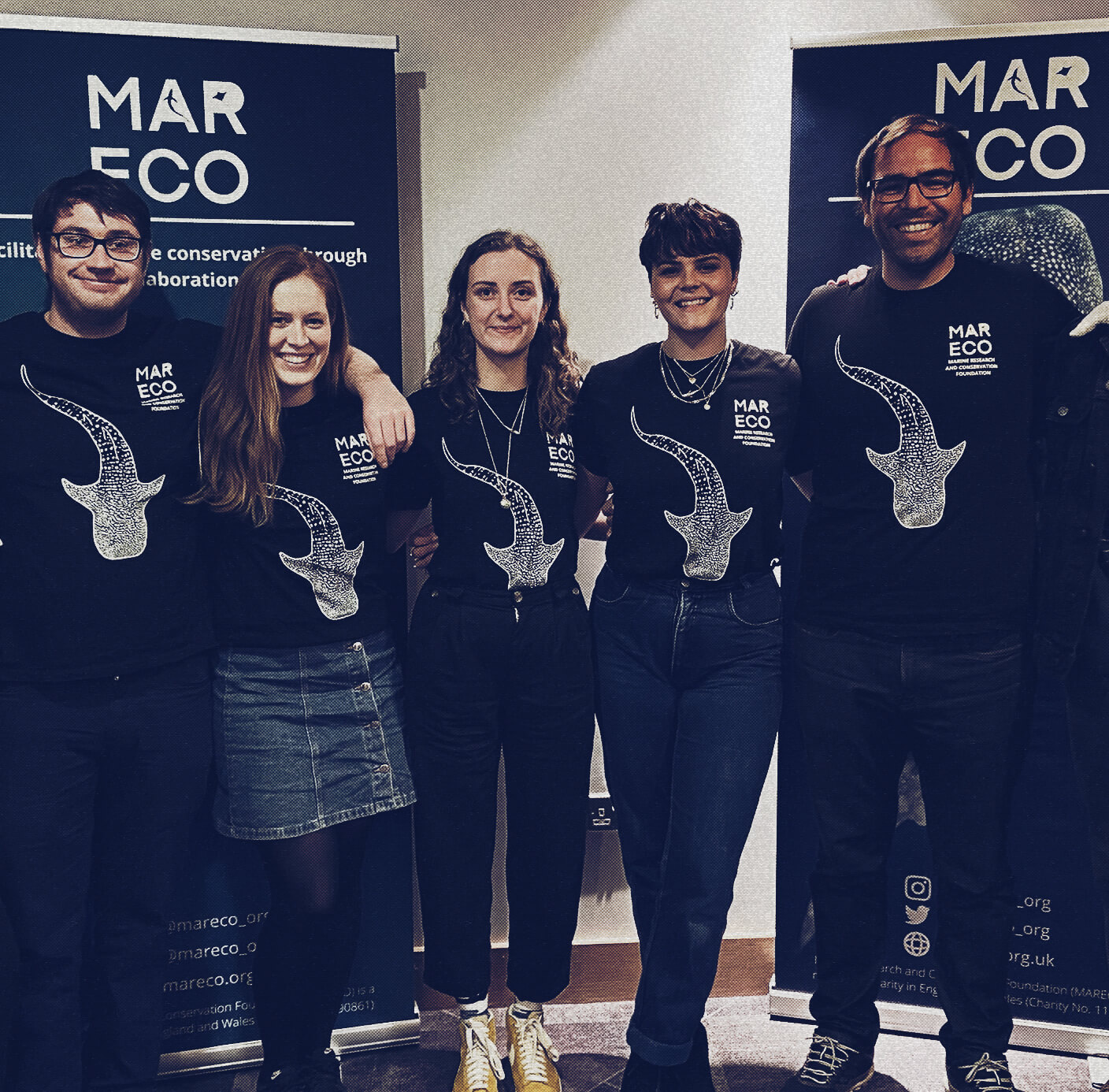
© Emma Nicol
What’s different about the NGO I founded
The NGO I founded, Marine Research and Conservation Foundation, or MARECO, was born out of the 2020 pandemic. The world had come to a standstill. It quickly became evident that wherever conservation interventions relied heavily on external partners, things came to a stop. The conventional approach was simply not working. That’s why at MARECO we believe in collaboration. We work with NGOs, governments, communities and academia to address marine conservation challenges.

We also work specifically with charismatic marine megafauna species to maximise the impact of what we do, because of the way megafauna serve as umbrella species, encompassing the wider marine environment whose sustainable future we want to ensure.
“IT WAS NOT UNTIL THE RELEASE OF THE BBC'S PLANET EARTH THAT I REALISED WE WERE RUNNING OUT OF TIME.” “IT WAS NOT UNTIL THE RELEASE OF THE BBC'S PLANET EARTH THAT I REALISED WE WERE RUNNING OUT OF TIME.”
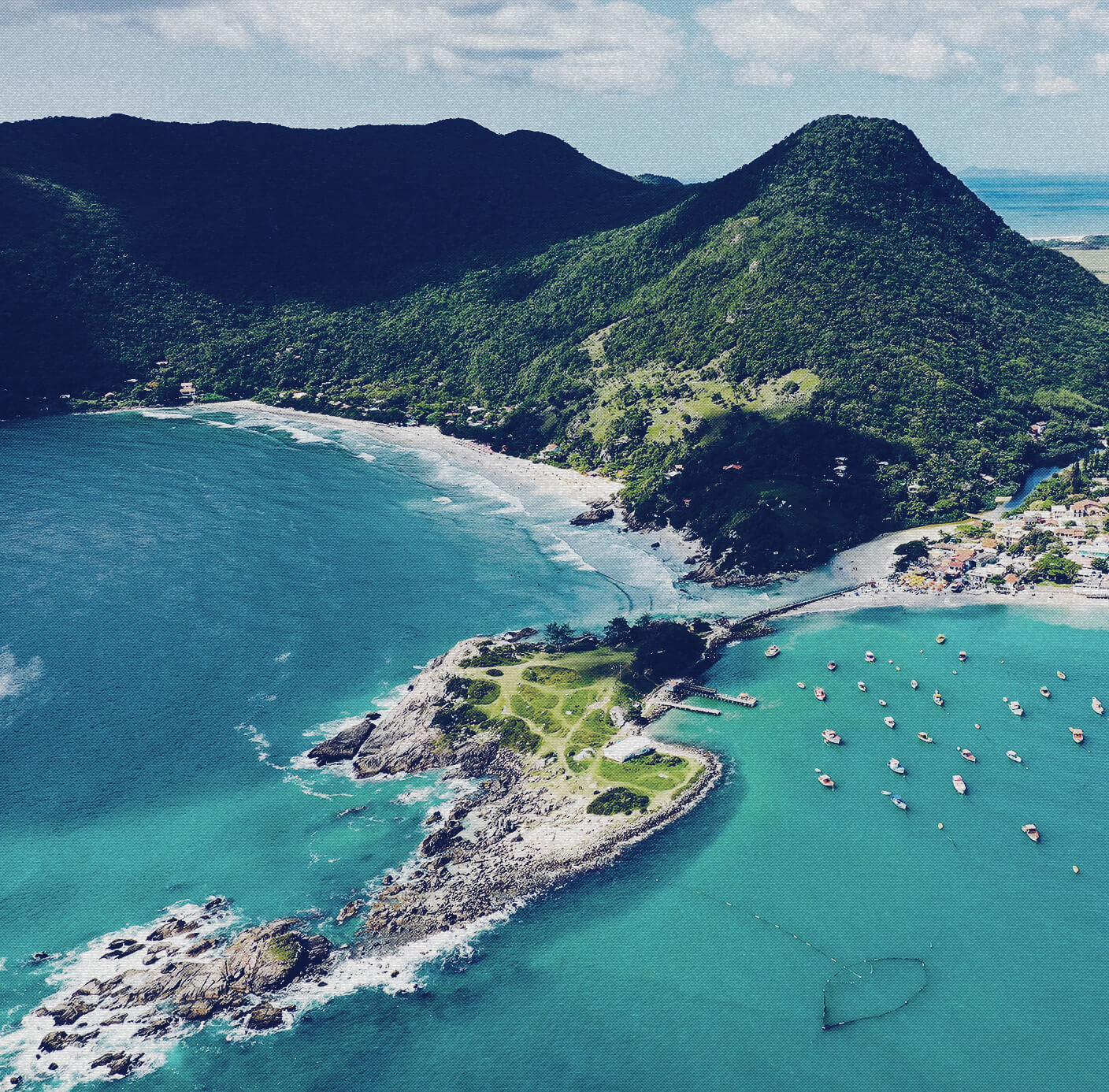
The roots of my passion for the sea
I grew up in Argentina and we used to spend a few months every year in the beautiful island of Florianopolis in southern Brazil. This early connection stuck with me through life and guided me to pursue a career protecting our oceans. It was not until the release of the BBC's Planet Earth documentary in the late 2000s, just as I was finishing my undergraduate degree in biotechnology, that I realised we were running out of time.
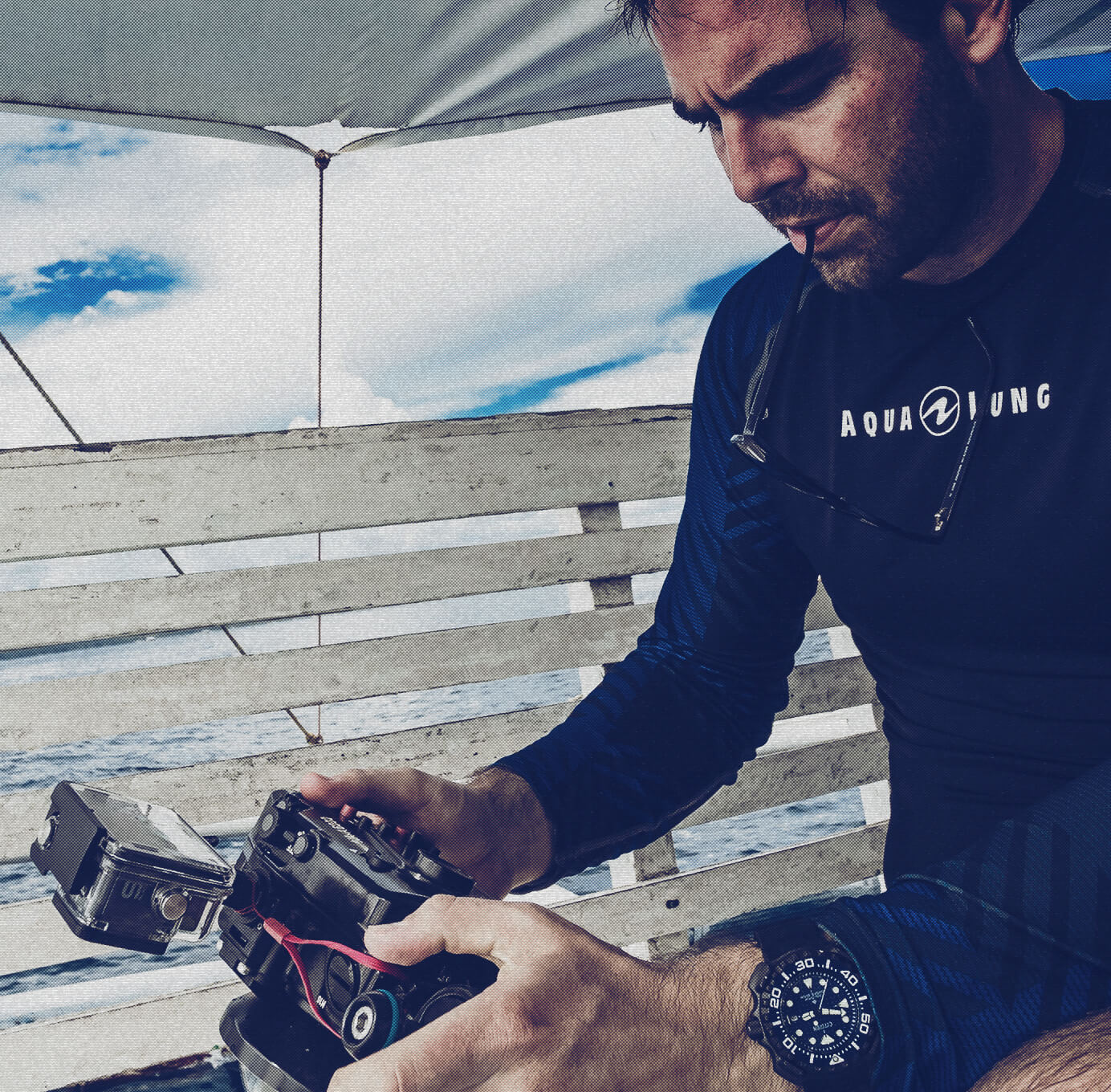
Wild-life presenter David Attenborough's impact on my career has thus been paramount, and it was then that I made my decision. But it was not until early 2011 that I actually made a career change, moved to Asia and started my career in marine conservation.
“CHANGES IN TEMPERATURE AND ACIDITY COULD LEAVE WHALE SHARKS WITH LESS FOOD TO PREY ON.” “CHANGES IN TEMPERATURE AND ACIDITY COULD LEAVE WHALE SHARKS WITH LESS FOOD TO PREY ON.”
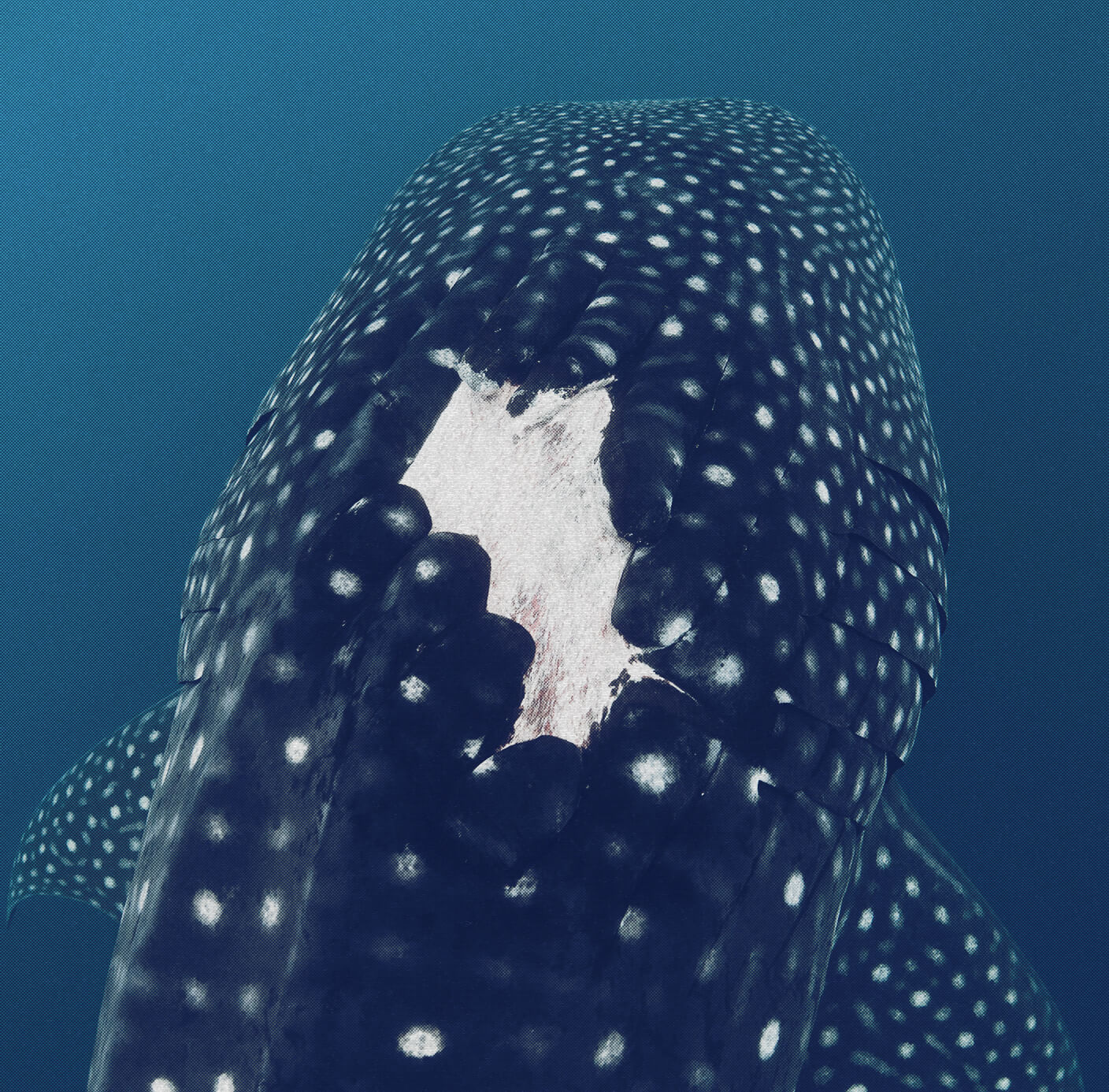
© Gonzalo Araujo
Threats to the marine environment and to whale sharks
The biggest threat to our oceans right now is overfishing and bycatch. That includes issues with illegal, unreported and unregulated fisheries. The non-managed exploitation of our marine resources is leading to ecosystem collapses and huge changes in ocean dynamics, all of which are crucial for marine biodiversity and food security.
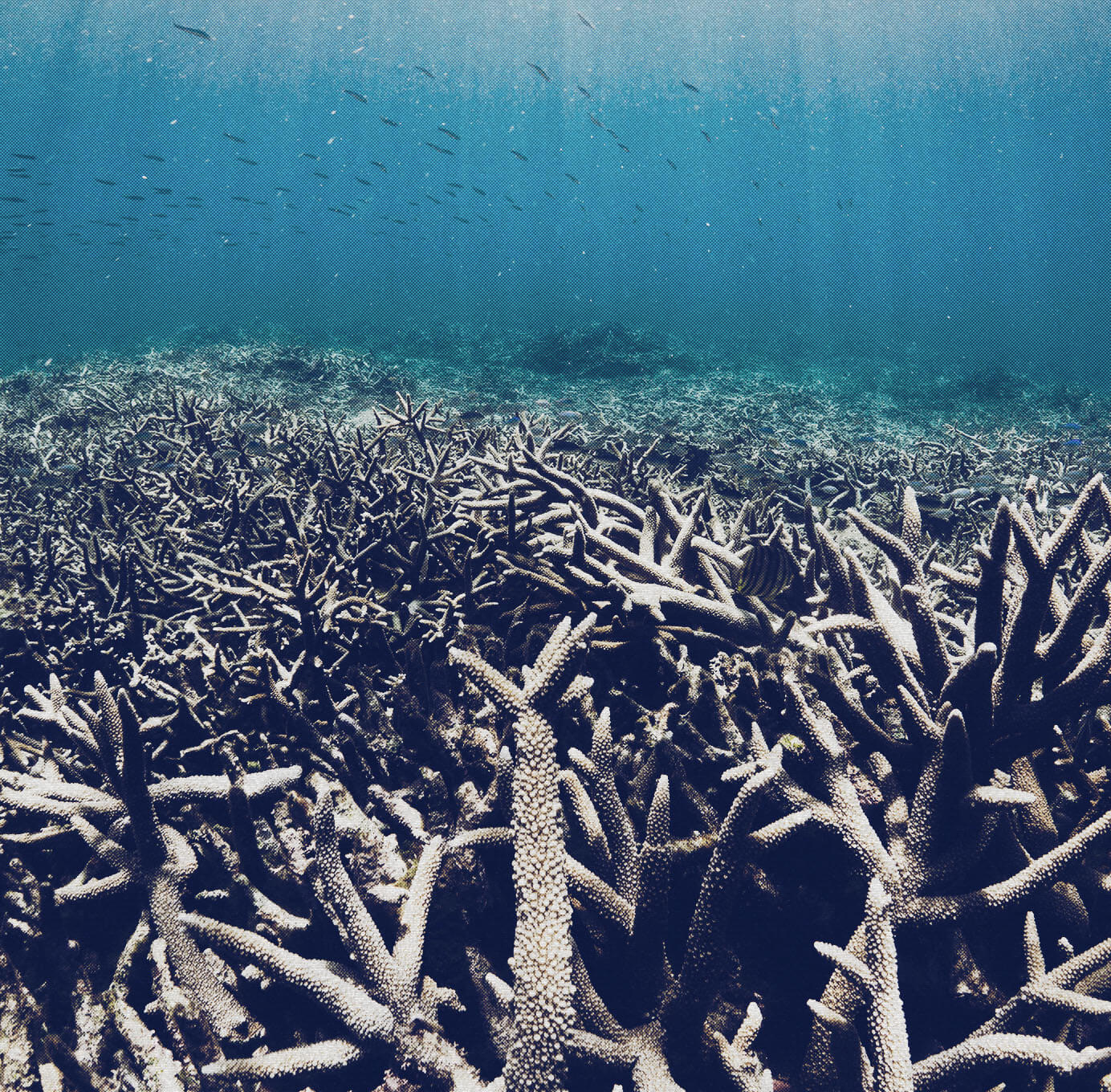
© Gonzalo Araujo
Climate change is also altering the way our ocean systems work. The way we are heading, it will affect how our food, climate and air work in the latter half of this century. With whale sharks, we can expect changes in their distribution, with their habitat expanding towards the poles. Climate change-induced changes in temperature and acidity might affect plankton and fish-spawning events, which could leave whale sharks with less food to prey on.
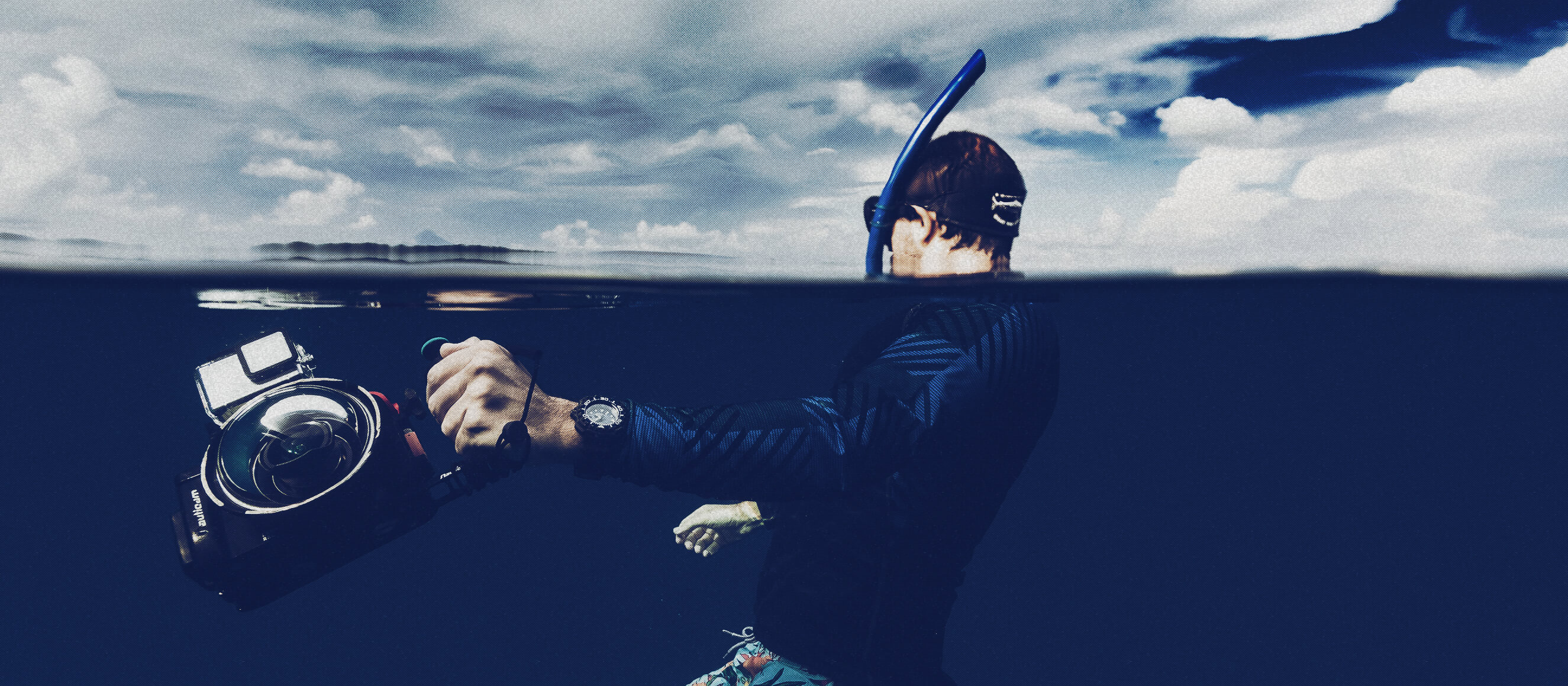
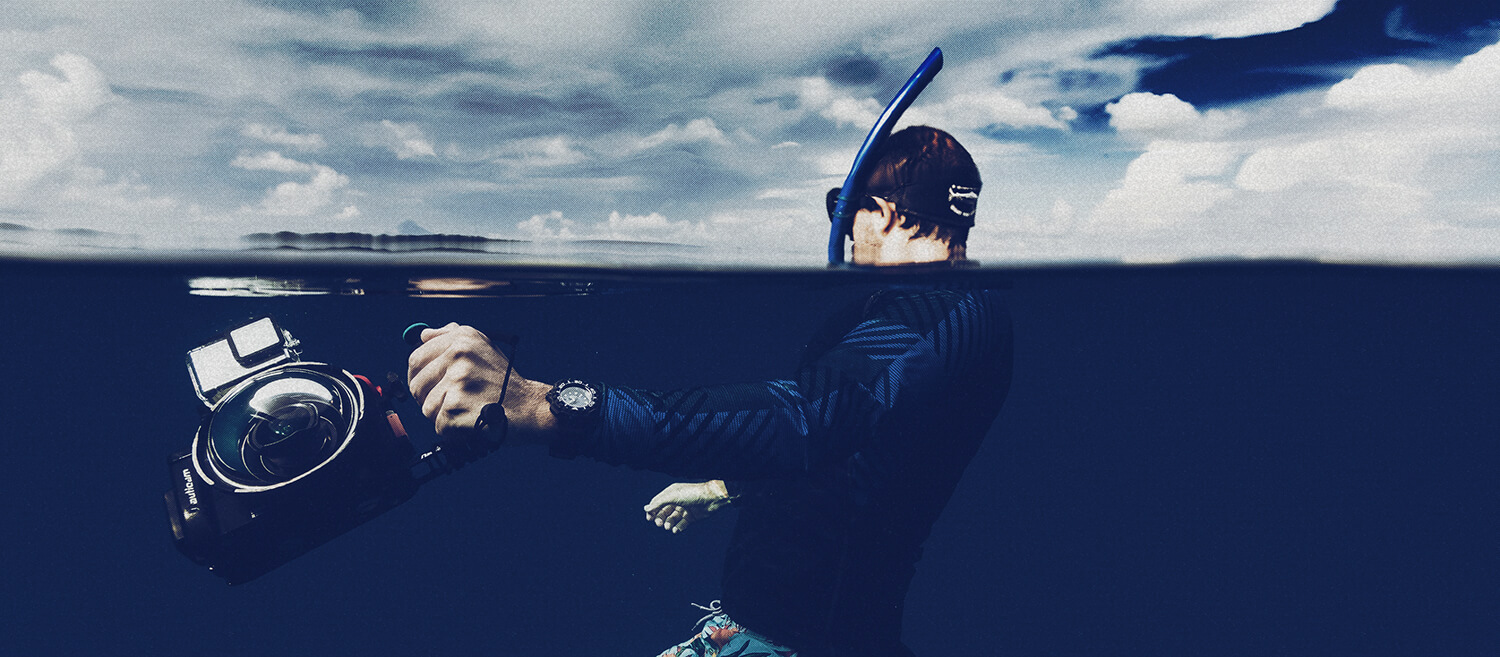
03
NEXT STORY
PRODUCT
NEW MODEL
Eco-Drive Diver 200m
BN0225-04L
SPECIAL LIMITED EDITION
OF
5,000 UNITS
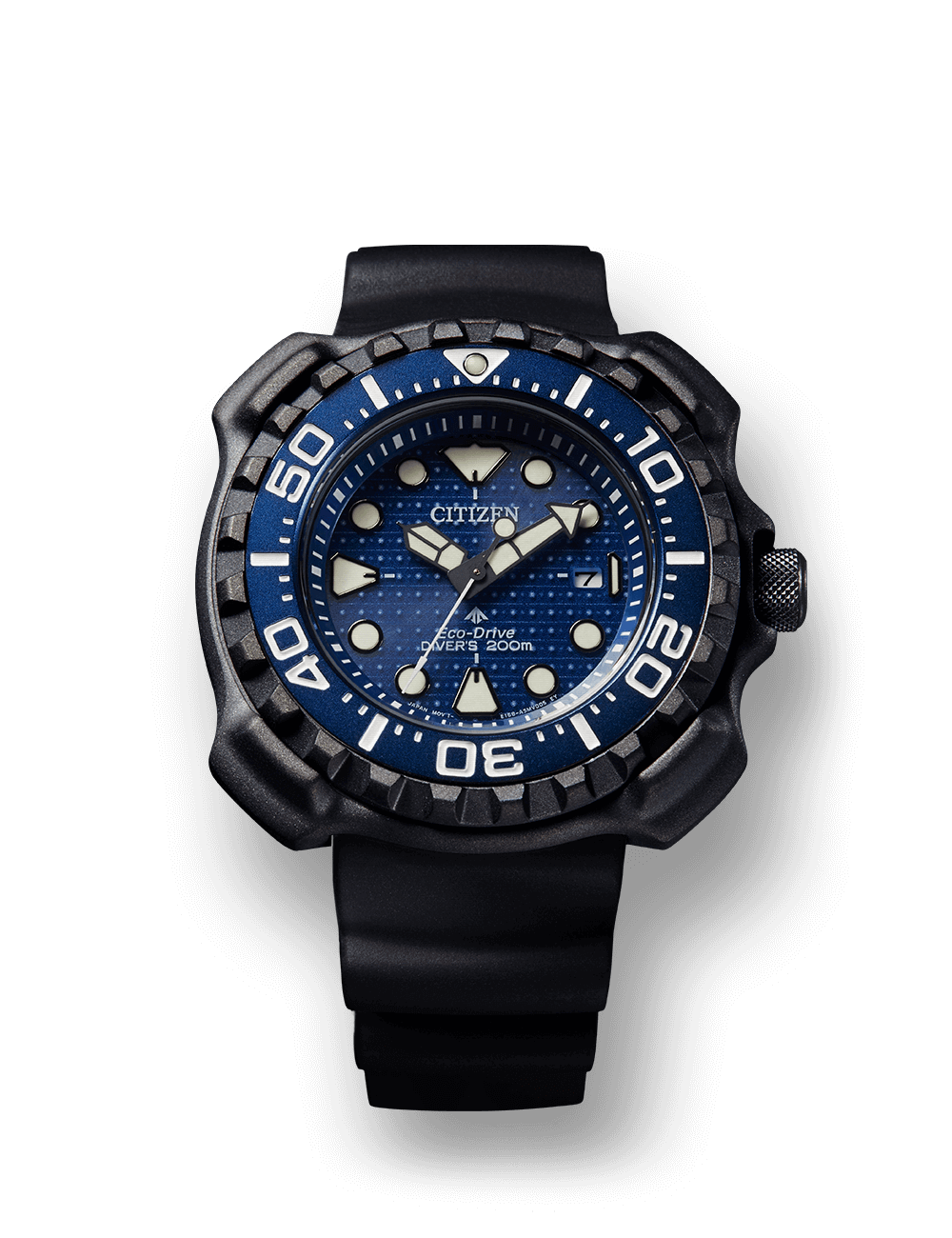
WHEN A SYMBOL MEETS A LEGEND

is not applicable to sales in China and Indonesia.
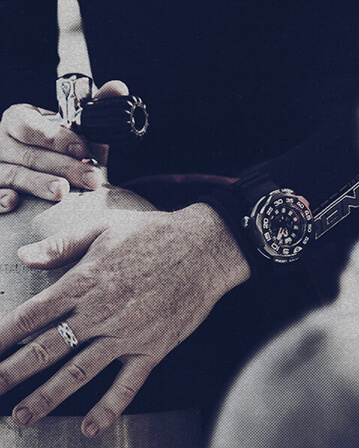
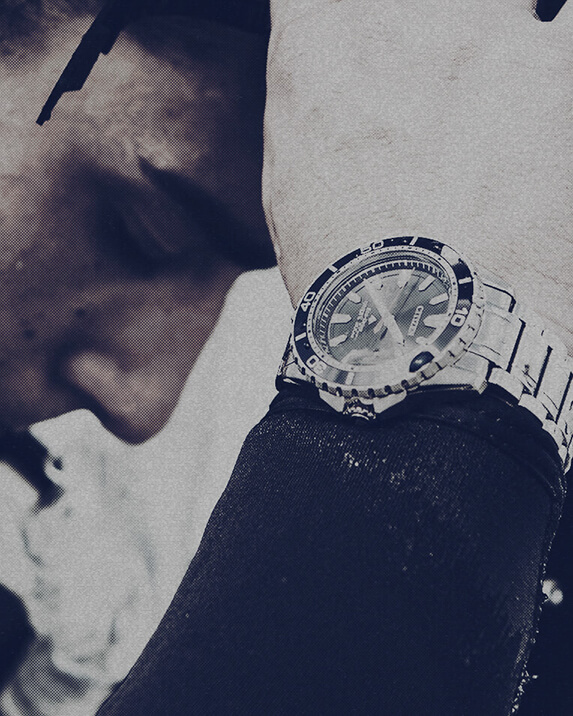
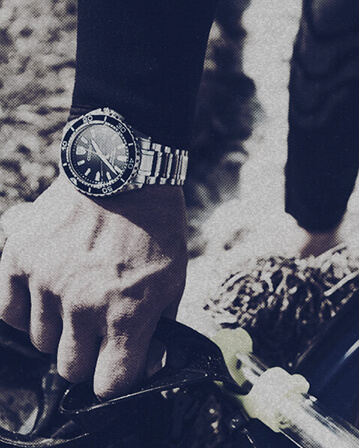
CITIZEN
PROMASTER BRAND SITE
05


































